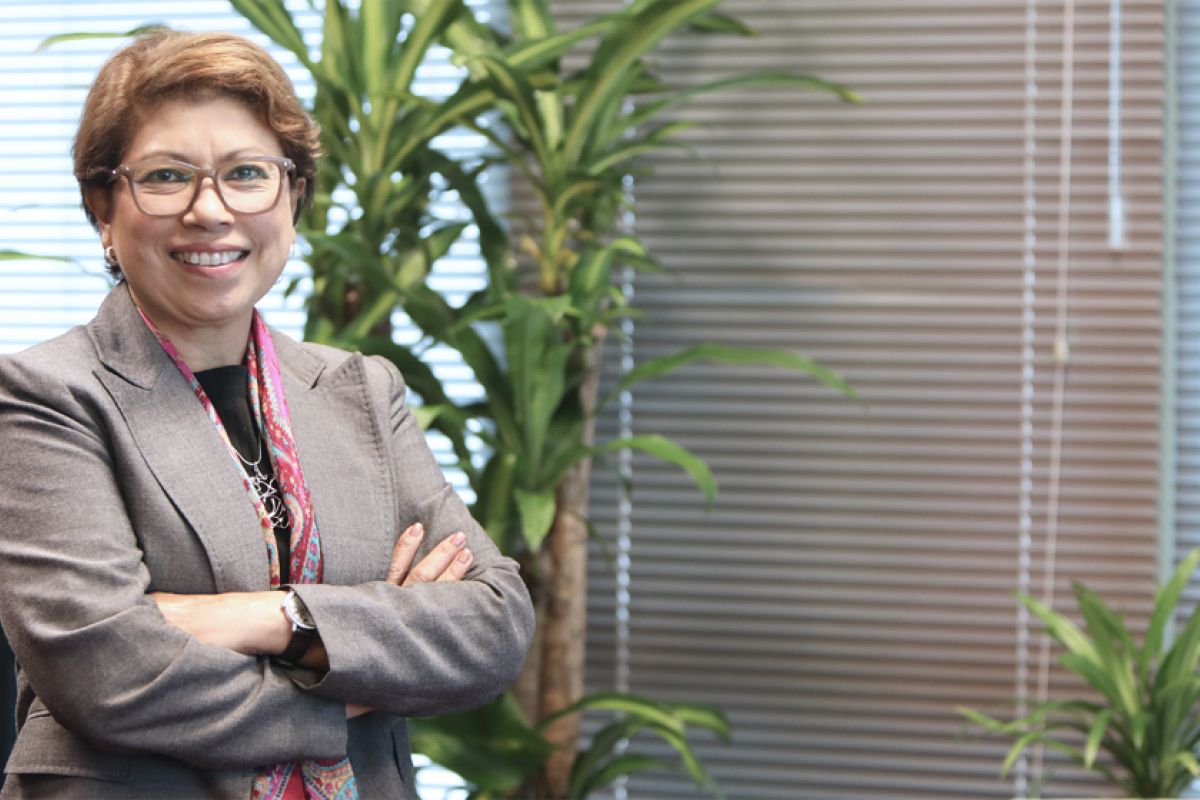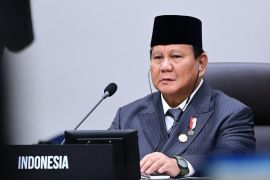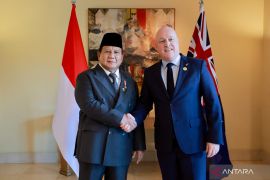"We often take for granted how global supply chains have made modern life as convenient as it is. At a whim, we can go online and have anything -- a book, an item of clothing, tools, or medication -- delivered from across town or also from around the globe," Sta Maria said as noted in a written statement issued by the APEC Secretariat and received here on Thursday.
However, the COVID-19 pandemic has brought about the realization that global medical supply chains -- critical in the fight against this and future pandemic -- may still encounter vulnerabilities, bottlenecks, and integrity issues.
"Many around the world have not been spared shortages of medical equipment, medicines, and basic protective equipment," Sta Maria pointed out.
In the wake of the medical products industry currently becoming more specialized and globalized, scores worldwide are increasingly relying on the global marketplace for basic health requirements.
APEC has in place several tools to help economies find such solutions, specifically an already existing supply chain security toolkit that sets protocols and serves as a roadmap for the promotion of global medical product quality and supply chain security.
"We have not seen this dependence in full effect as we do now, in light of the COVID-19 pandemic," she stated.
Predictions are rife about the effects of the COVID-19 pandemic, including whether it will reverse globalization and erode trust in global supply chains.
To this end, Sta Maria has called on all to view this period of uncertainty as an opportunity to strengthen the systems that have grown to rely on so much over the years and more so now during a crisis.
"This could mean setting clear-cut standards and comprehensive security programs to build more resilient supply chains that facilitate the steady flow of medicine, vaccines, and personal protective equipment," she expounded.
Sta Maria opined that pertinent application of those measures will boost credibility and transparency of supply chains.
"Positive changes of this sort will go a long way in galvanizing trust in our system, processes, and procedures, and in doing so, put us in a state of preparedness in the event of future health crises," she stated.
APEC initiatives are designed thoroughly and encourage cooperation. They are often conceived through consultation with several sectors. As an assemblage of economies that constitute nearly 60 percent of the world trade and 40 percent of its population, APEC itself is quite diverse.
Such toolkit, established alongside regulators, industry stakeholders, representatives from nongovernmental organizations, international organizations, and academics, aims to optimize the use of public and private partnerships and other available resources.
All in all, the toolkit is intended to cover the entire supply chain and life cycle of medical products.
"This encompasses everything, right from the development and implementation -- via training programs -- of relevant processes, procedures, and tools to recommended best practices for the prevention and detection of substandard and falsified medical products before they reach consumers," Sta Maria remarked.
Industry, policy makers, and regulators, such as the World Health Organization (WHO), currently see the crucial and immediate need to address disruptions to the smooth flow and movement of medical supplies globally, as well as the appearance of illegitimate products.
The implementation of the APEC supply chain security toolkit can surely make supply chains more secure. This toolkit, relevant as it is, was endorsed in 2017. Apparently, gaps still need to be filled and now is the best time to address them. Related news: Reforms necessary for future-proofing tourism industry: APEC
Related news: APEC encourages trade promotion of medical goods to save lives
Reporter: Yuni Arisandy Sinaga
Editor: Rahmad Nasution
Copyright © ANTARA 2020











